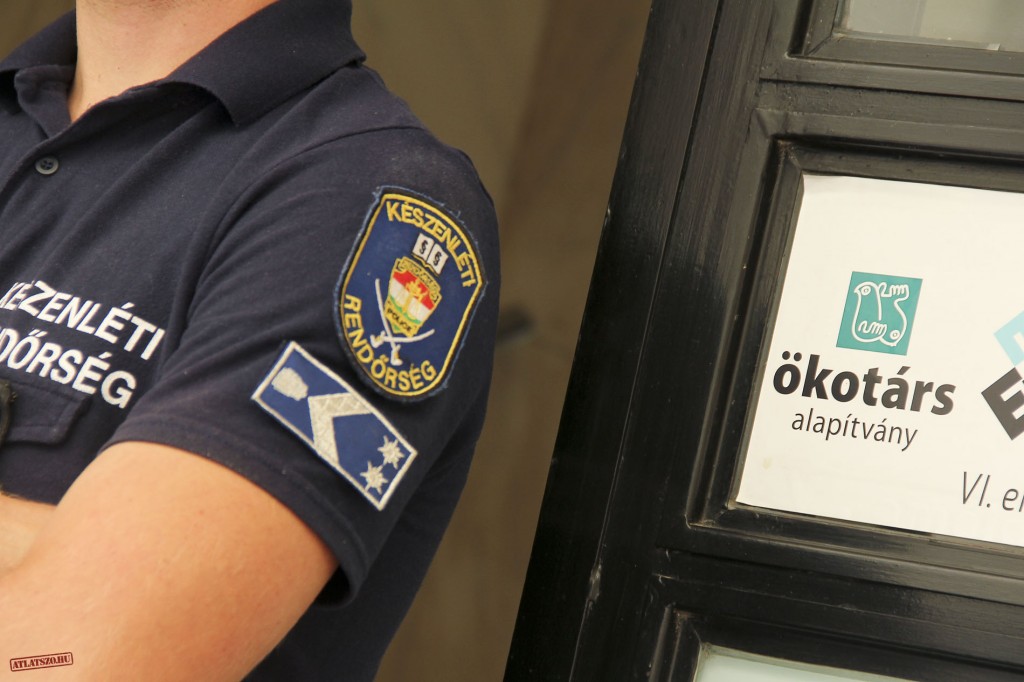The https://english.atlatszo.hu use cookies to track and profile customers such as action tags and pixel tracking on our website to assist our marketing. On our website we use technical, analytical, marketing and preference cookies. These are necessary for our site to work properly and to give us inforamation about how our site is used. See Cookies Policy
Hungarian authorities in breach of international treaties following harassment of NGOs
Atlatszo.hu has obtained copies of the correspondence between Hungarian authorities and the Norway Grants coordinator, in which the Hungarian agency has demanded the release of information pertaining to the distribution of Norwegian funding to Hungarian civil society. The matter continues to inflame diplomatic relations, though the legislation indicates that the Norwegians are rightfully outraged at the Hungarian governmant’s actions.
The Hungarian agency responsible for auditing state bodies, KEHI, approached the Norwegian Financial Mechanism Office (FMO) calling for the publication of data regarding the distribution of funds to various NGOs in Hungary.

The move marked another chapter in the campaign launched by the Hungarian government against recipients of funds from the Norway Grants. The government claims that there are illegal activities relating to the distribution of the funds and also that the selection process is politically motivated, aiming to finance political parties, and thereby violating Hungary’s national sovereignty.
Read more about the recent history of this relationship here.
In the latest KEHI letter, it claims that it is exploring whether the Norway Grants are being handled transparently and is requesting the release of organisational records. KEHI claims that it has jurisdiction based on Hungarian law.
The Norwegian response was very clear: the FMO is tasked with the distribution of the grants, and KEHI does not have the authority to access the records in question.
The grants are already subject to oversight, in the form of regular independent audit and evaluation. The fact that KEHI continued its actions against the Hungarian partner of the FMO, and in fact effectively closed down the organisation by withdrawing its official registration, is unsurprisingly considered by the Norwegians as a blatant violation of international law. A look at the relevant legislation confirms that KEHI has taken a controversial stance, given that there is no single paragraph in law that could serve as grounds for its ‘investigations’ into the Norway Grant recipients.
KEHI, by definition, only has jurisdiction over institutions that are financed from the Hungarian state central budget, which is obviously not the case with the Norway beneficiaries. However, even if Hungary were to create a new law, it would be automatically superceded, as the distribution rules are specified in EU-level legislation.
The pertinent treaties signed by Norway, as well as Liechtenstein and Iceland, assure that donor states can monitor the distribution of their funds according to their own processes. They may also require the recipient nation to provide assistance. It could be argued that the donors could have given a larger role to the recipient nation, but one thing is nonetheless clear: the rules are made by whoever is giving the money, and the Hungarian government reviewed and signed the contract for the 2009-2014 period without raising any concerns.
At the end of October, KEHI nonetheless published its report on the Norway Grants. Nowhere did they attempt to clarify the legal basis of their inquiries, indirectly acknowledging that it does not have jurisdiction.
A key element of the report is that the Norwegians selected the distributor of the funds without involving the Hungarian government. The related international document states that “When the FMO acts as a Programme Operator, the implementation of the programme shall normally be performed by a fund operator, appointed and contracted by the FMO,”, in other word stating that there was no obligation to involve the state.
Overall, it remains a mystery why the Hungarian government has pursued its objections to the distribution of the grants, when it is clear legally that it is the donor’s responsibility.
Atlatszo.hu, being a beneficiary of the Norway Grants was also targeted by KEHI in the process. It refused to comply with unlawful instructions to release its contracts to the authorities, but having nothing to hide, voluntarily made all documents public online.

